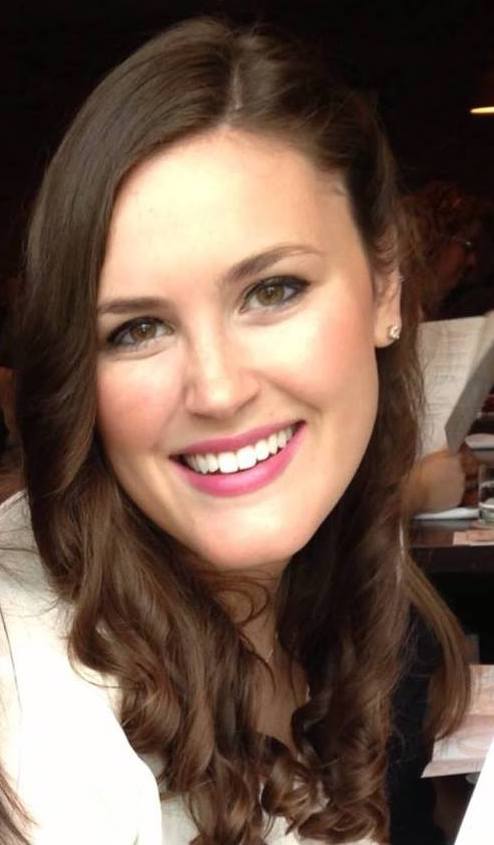
My name is Emma Pollner and I am currently a research coordinator at Northwestern University’s Mesulam Center for Cognitive Neurology and Alzheimer’s Disease. I serve on our Clinical Core study, which is a national longitudinal and observational study following patients with various dementias as well as people who exhibit normal aging. We see our participants once a year to collect cognitive and quality of life data, as well as biomarker data through blood, cerebrospinal fluid, and imaging. We track the progression of symptoms during life (or lack thereof) and when our participants pass away, we are also able to collect their brain tissue to further our research by examining pathology that is associated with the syndrome experienced during life. I also recently started up a new study called ALLFTD at our Center. We are one of 19 sites around the world. This is also an observational and longitudinal study looking at patients and family members that have a rare form of dementia called Frontotemporal Dementia (FTD). This study aims to track progression of disease as well as identify new biomarkers and genetic mutations associated with FTD.
We recently published a paper looking at a new assessment’s ability to differentiate two clinical diagnoses of FTD. The assessment is called the FTLD-MOD and has shown to differentiate Primary Progressive Aphasia (PPA) and Behavioral Variant Frontotemporal Dementia (bvFTD) through cognitive test scores. This means it can be a helpful tool while diagnosing types of FTD.
I completed my master’s degree in Clinical Psychology at Northwestern and am pursuing my PhD in Clinical Psychology with a focus in Neuropsychology. My patients and their families inspire me everyday with their resilience to continue my journey towards my PhD and ultimately finding a cure for dementia. I have always been passionate about science and I am the first woman in my family to pursue a degree in medicine. I think it is so important to belong to a community of women in STEM because it is still a very male dominated field. Connecting with other women who have experienced success in science and medicine is a driving force to other women pursuing their dreams.

